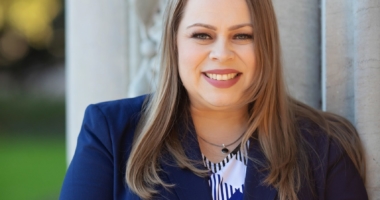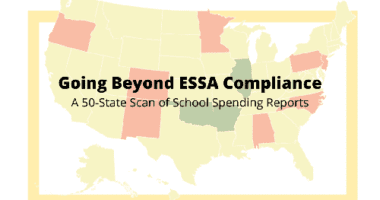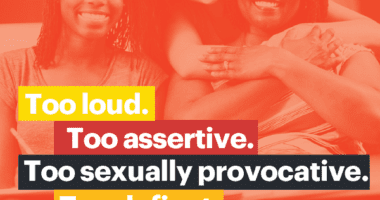Fixing Poverty, Improving Schools: The Choice Is Not One or the Other
Currently, there is a great deal of renewed attention to the pernicious impact of poverty on the lives of many of our nation’s low-income children. There are few who would deny that on a variety of life indicators — including homelessness, traumatic stress, and inadequate nutrition — young people living in poverty face significantly more hurdles and challenges than their more affluent peers. Further still, many would agree that we have a moral and ethical obligation to continue focused work to ameliorate those conditions. Where this moral duty takes a dangerous turn is when addressing the conditions of poverty is seen as an alternative to school improvement rather than as a complement.
Many well-meaning people focus almost exclusively on improving conditions of poverty and assume student achievement will automatically improve without doing anything about the state of schooling. Many in think tanks, media, higher education, and policy circles, alternatively, conveniently stake our ground on the side of “no excuses” language that seems to disregard the serious impact of poverty. This reduces the question of improving achievement for poor students to a neat, albeit polarized, choice. Ironically, my recent visits to high-performing schools that primarily serve poor students of color in Louisiana and Alabama present real context lessons that challenge this convenient dichotomy. Highly knowledgeable educators understand that creating rich and rigorous learning experiences — combined with attention to the real-life challenges that students face — are both essential ingredients to successfully educating children in poverty.
Principals in these schools actively pursue the best teachers, while also making sure their students have enriching after-school activities, like math team and chess, because they know young people in poverty need both. Teachers strive to ensure that the quality of their assignments and content match the demanding standard of the Common Core, while simultaneously seeing to it that even late-comers get breakfast. These professionals, like so many effective educators who serve our nation’s poorest students, understand that waiting for poverty to be fully addressed before they get to the business of improving their craft is avoiding the essential responsibility they have as educators.
Spending time with these educators in their schools reinforces that much of our current public discussion about addressing the educational needs of our nation’s children is bland and disconnected from reality. Too many in that conversation act as though any mention of the challenges students face outside of school is a cop-out. Others are giving up on the pivotal role schools and educators play in changing children’s life trajectories. We need both — concentrated efforts to boost achievement and dedication to ameliorating poverty — to better support more productive futures for our kids.










